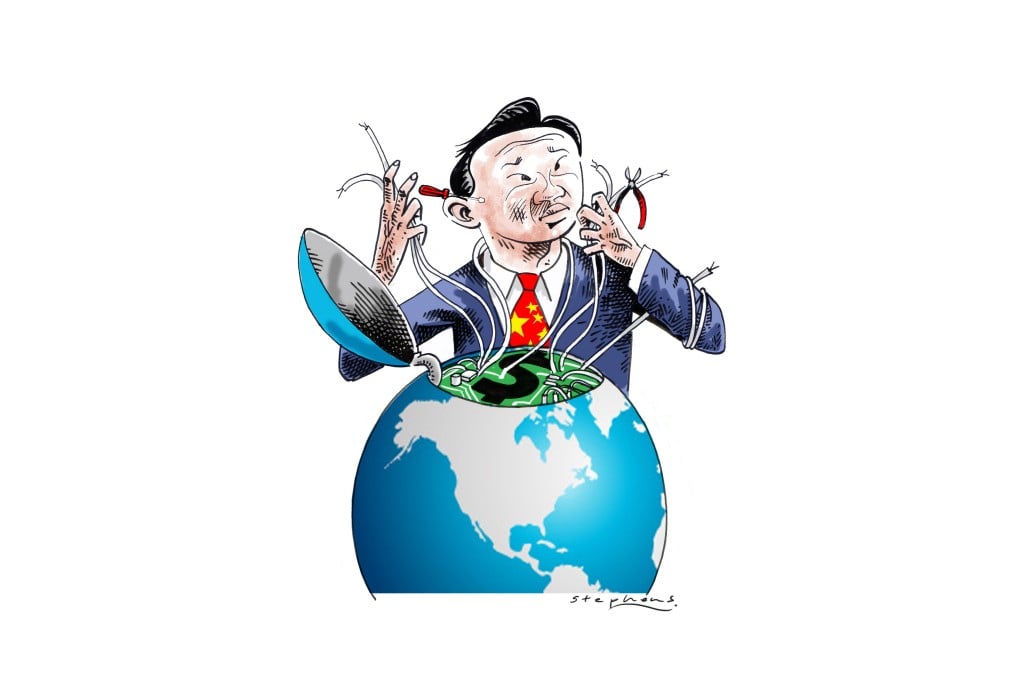China is not quite ready to rewire global finance
G. Bin Zhao says the rosy view that China is now capable of rewiring the global financial system, even if it intended to do so, is just not realistic, given the limitations of its economy today

A recent Financial Times commentary titled "China: Turning Away From the Dollar" has led to many heated discussions. It is interesting that the Chinese edition of the paper translated the title as "China Will Rewire Global Finance", based on the main theme of the article. Oh, really? Although many indications show that China seeks to influence, or at least modify, the world financial order - as this is seen as an important way to maximise national interests - it is definitely premature to conclude that China intends or has the ability to reshape the current global financial system.
In the writers' estimation, Shanghai will one day be the centre of the world and the renminbi the currency of choice. For the people of China, who are in a transition from high-speed growth to a relatively slower rate of economic development, these words are very encouraging. Leaving aside whether or not it is realistic, the key question is how long we need to wait for this future. Even the blueprint of the "Chinese Dream", as depicted by President Xi Jinping , does not seem to include such beautiful scenery.
Does China really have the ability to reshape the current global finance?
First, can China reduce its massive holdings of US Treasury bonds? The concern is that such a move may affect US debt financing and global interest rates, thus increasing corporate financing costs and further curbing economic growth in the West. But this worry is alarmist. Although there has been no recent increase in Chinese holdings of US Treasury bonds, there is only a slim possibility that China can reduce its huge holdings in the future.
The truth is that US Treasury bonds actually accounted for only about one-third of China's US$4 trillion foreign exchange reserves (about US$1.25 trillion) at the end of October. Although US debt has had poor performance in terms of preservation and appreciation in recent years, it is difficult to find a safer product with stronger liquidity for an investment of this size within the global market. Note that Japan, a much more developed country than China with a far more advanced financial sector, also holds US$1.2 trillion of US debt.
Second, is China's current financial strategy sufficient to have an impact on the global system? On the one hand, outward direct investment from Chinese companies is expected to reach US$120 billion by the end of this year, while the domestic market continues its integration with the global economy. On the other hand, it has become apparent that China's growing financial needs cannot be satisfied through existing institutions such as the World Bank, the International Monetary Fund, the Asian Development Bank and so on.
This explains the need for other options, such as the creation of other financial entities such as the BRICS development bank, the Asian Infrastructure Investment Bank and the Silk Road Fund.